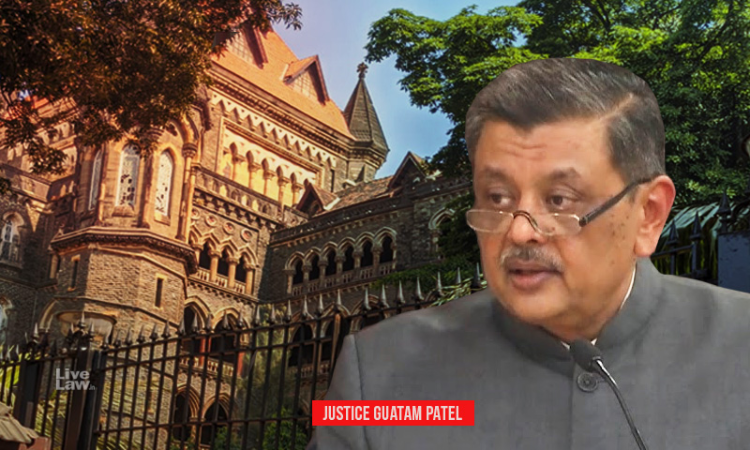In "a tragic and terrible commentary on our justice delivery system" the Bombay High Court adjudicated a testamentary petition, related to the Will of one Rasubai Chinoy, pending in the Bombay High Court's Registry for the last 31 years even though it was uncontested. Justice Gautam Patel said that there is a point of law involved but the answer is over a century old, "neither complex...

